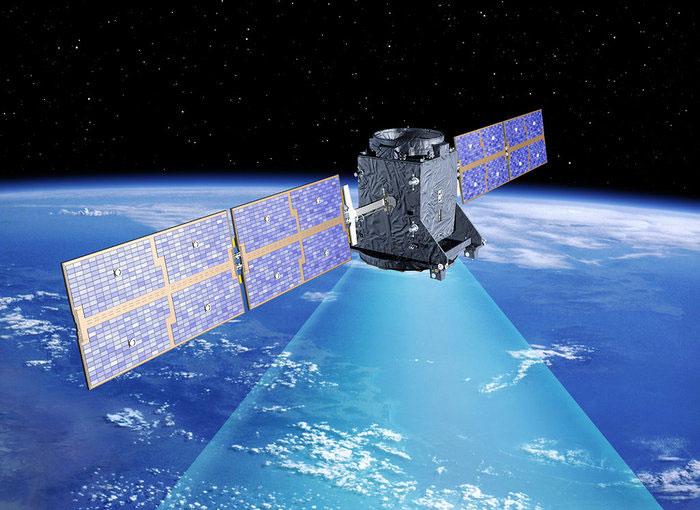First fielded in the 1970s, Global navigation satellite systems (GNSS) like the U.S.’s Global Positioning System (GPS), Europe’s Galileo, and Russia’s GLONASS have become critical to modern societies. These systems provide the position, navigation, and timing (PNT) information an impressive array of both military and civilian functions now rely on. Since the 1990s, civilian uses for PNT have also become integral to the functioning of U.S. critical infrastructure and the U.S. economy. These uses include time-stamping financial transactions from ATMs to high-speed trading; synchronizing and regulating the electric grid; enabling real-time communications; weather monitoring and earthquake detection; precision farming; and coordinating and routing first responders.
Military operations are particularly reliant on GNSS for navigation systems on aircraft, vessels, vehicles, and unmanned vehicles including drones and missiles; synchronizing operations; and pinpointing targets. The Persian Gulf War has become the exemplification of how readily-available PNT information boosts military effectiveness. Beyond the use of GPS for navigation, network-centric warfare relies on precise timing information to enable secure real-time communications.
The near-universal reliance on PNT information has led militaries to explore “deliberate defensive and offensive action to assure friendly use and prevent adversary use of PNT information through coordinated space, cyberspace, and electronic warfare (EW) capabilities” (JP 3-14 Space Operations, II-3), an approach known as navigation warfare (NAVWAR). To ensure PNT functions, the U.S. has examined alternative solutions including interoperability with other GNSS systems like Europe’s Galileo and Japan’s QZSS and nontraditional PNT solutions such as using quantum clocks for timing information. The U.S. is also engaged in upgrading the GPS system, transitioning from Block II to Block III satellites, which have improved capabilities to help increase GPS resilience and counter jamming and other interference.
The need for resiliency measures has become more sharply apparent in recent years. During the massive Russian exercise Zapad 2017, and again during NATO’s 2018 Trident Juncture exercise, GPS signals were disrupted causing civilian air traffic to rely on manual navigation. Russian activity is the likely cause of the 2017 outage, and the Norwegian Ministry of Defense has definitively stated that Russian jamming from the Kola Peninsula was responsible for disruptions during Trident Juncture. These actions, and questions surrounding the current disruption to the Galileo system currently attributed to ground infrastructure difficulties, indicate that NAVWAR represents an increasingly relevant facet of conflict involving information and information-enabled systems.
The following documents from the Cyber Vault Library serve as an introduction to this important sub-field.












